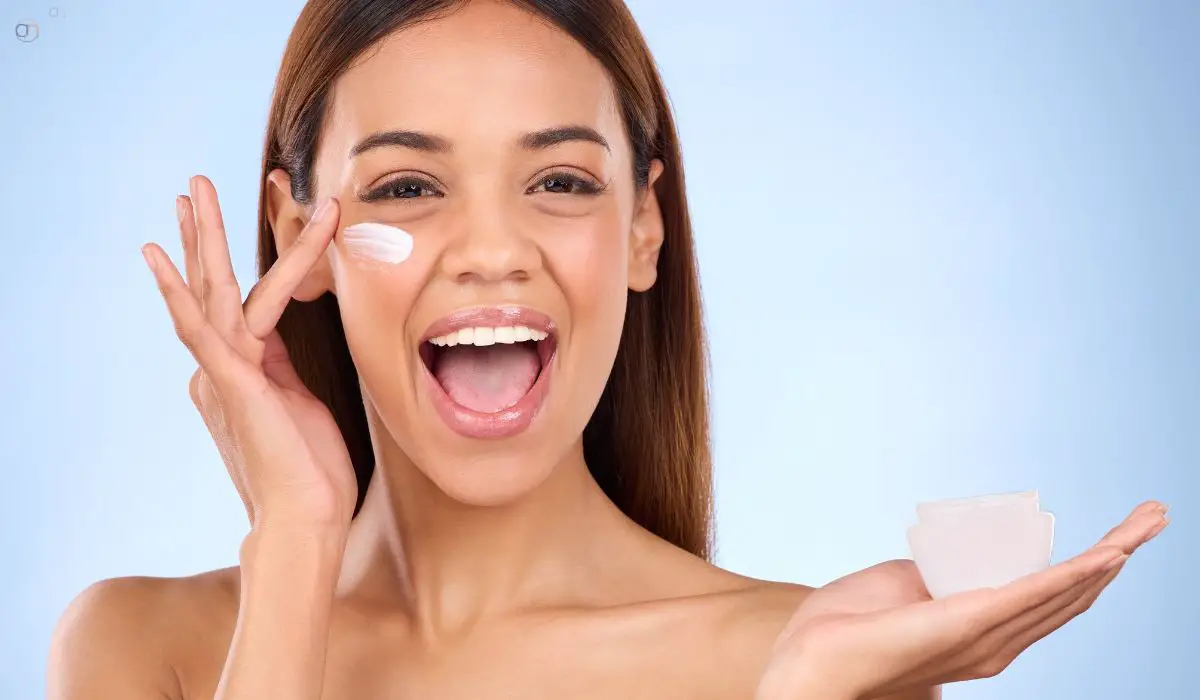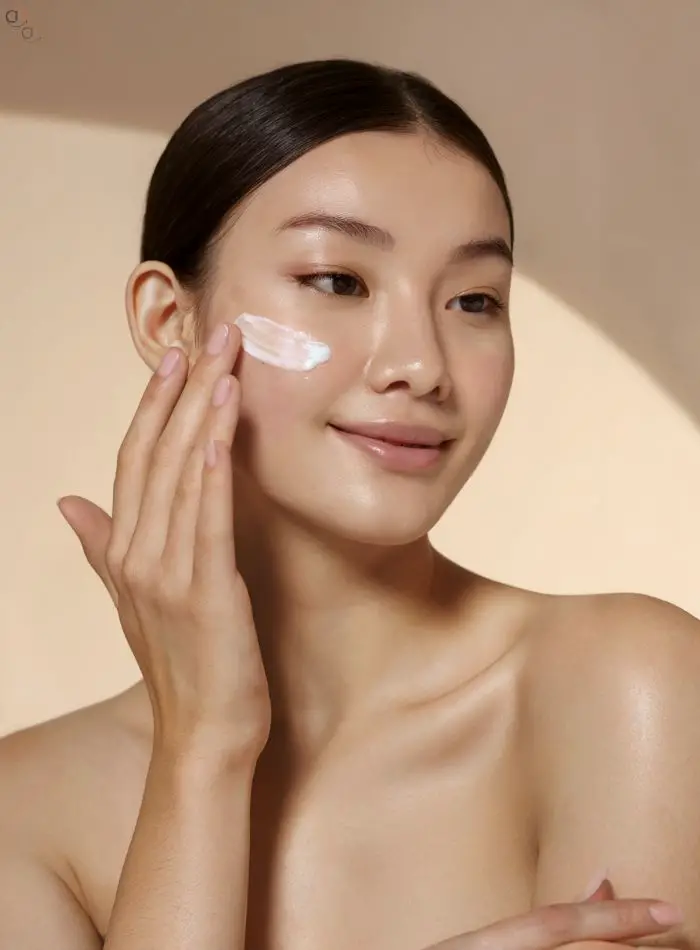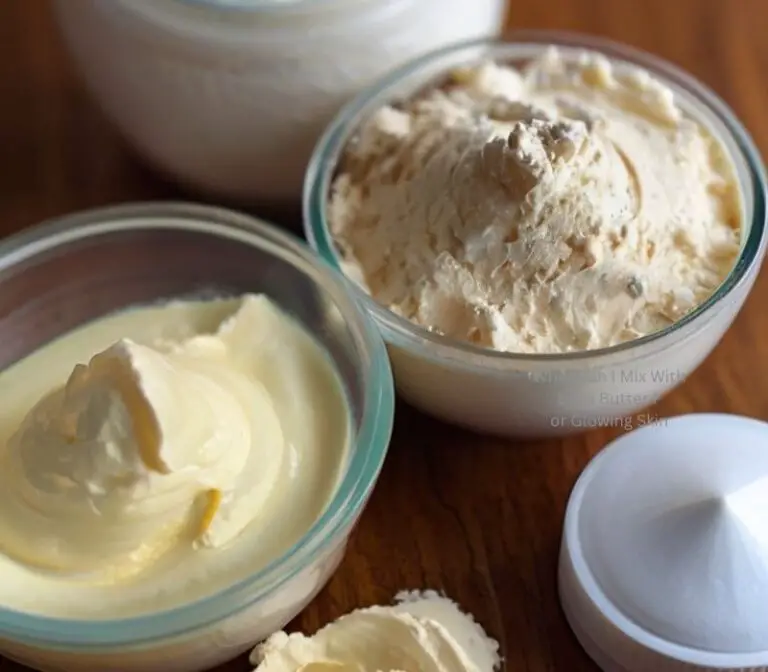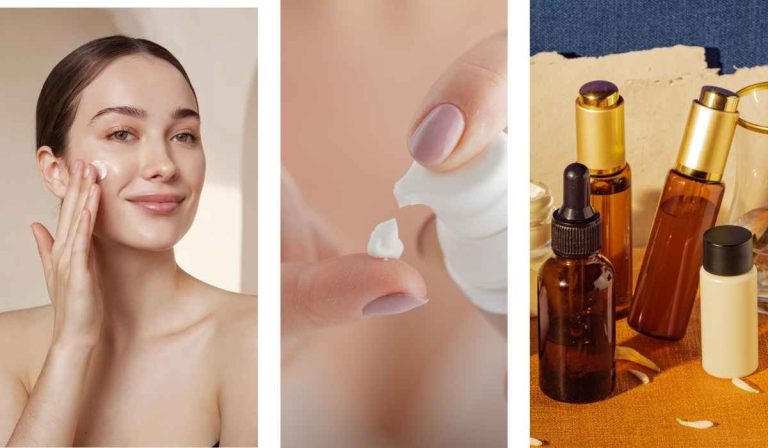How To Fix Over Moisturized Skin

Over-moisturized skin is a vital problem for all beauty queens.
While you may apply too much moisturizer over your skin, it can bring a fatal appearances on the skin. It can leading skin breakouts, pores, dullness or total complexion.
If you find your skin lack of absorption or too much oily
If you’ve been noticing an increase in oiliness or a lack of absorption with your skincare products, it could be a sign that your skin is over-moisturized.
Fortunately, there are steps you can take to restore balance and get your skin back on track.
In this article, we’ll explore some effective about how to fix over moisturized skin so you can achieve a healthy, glowing complexion.
Why over-moisturized skin:
it too frequently. While moisturizers are essential for keeping our skin hydrated and healthy, applying too much can create a barrier on the surface of the skin, preventing moisture from evaporating and causing buildup.
Another reason for over-moisturized skin could be that your skin type doesn’t require as much hydration as you’re giving it.
For example, if you have oily skin, you may not need a thick, heavy moisturizer every day. Similarly, if you live in a humid climate, your skin may naturally retain more moisture and therefore require less frequent moisturizing.
Environmental factors can also play a role in over-moisturized skin. High humidity, hot showers, and harsh soaps can strip the skin of its natural oils, leading to an over-reliance on moisturizers to compensate for the loss.
Ultimately, the key to avoiding or fixing over-moisturized skin is finding the right balance of hydration that works for your skin type and lifestyle.
Signs of Over-Moisturized Skin:
Here are some common signs that your skin may be over-moisturized:
Excessive oiliness: If you find that your skin is becoming increasingly oily, despite regular cleansing and the use of oil-free products, it could be a sign that you’re over-moisturizing.
Increased breakouts: Clogged pores and breakouts can result from an excessive amount of moisture on the skin. When the skin is overly moisturized, it can create a breeding ground for bacteria which leads to acne.
A dull complexion: Over-moisturized skin can appear lackluster or dull. This is because too much moisture can prevent dead skin cells from shedding properly, leading to a buildup of dead skin cells on the surface of the skin.
Products not absorbing: If your skincare products don’t seem to be absorbing into your skin properly, it could be due to excess moisture on the surface. This can cause a layer of product to sit on top of the skin, rather than being absorbed where it’s needed.
Skin feels heavy or greasy: Too much moisture on the skin can leave it feeling heavy or greasy. This can be especially noticeable in hot or humid weather when the extra moisture can make the skin feel suffocated.
Read Next: 50 Foods For Anti-Aging
How To Fix Over Moisturized Skin:-
Fixing over-moisturized skin requires a combination of adjusting your skincare routine and making lifestyle changes. Here are some effective tips for addressing over-moisturized skin:
Cut back on moisturizer: If you’ve been using too much moisturizer or applying it too frequently, try cutting back on the amount and frequency of application. Start with a small amount and see how your skin responds.
Use less heavy moisturizers: If you have oily skin, try switching to a lightweight, oil-free moisturizer to avoid adding excess moisture to the skin. Similarly, if you live in a humid climate, consider using a lighter moisturizer.
Exfoliate regularly: Regular exfoliation can help remove dead skin cells that can accumulate on the surface of the skin and prevent your skincare products from being absorbed properly.
Avoid hot showers: Hot water can strip the skin of its natural oils, leading to an over-reliance on moisturizers. Try showering with lukewarm water instead.
Use gentle cleansers: Harsh soaps and cleansers can strip the skin of its natural oils, leading to an over-reliance on moisturizers. Opt for gentler, sulfate-free cleansers that won’t disrupt the skin’s natural moisture barrier.
Hydrate from the inside out: Drinking plenty of water can help keep your skin hydrated from the inside out. Aim to drink at least 8 glasses of water per day.
Consider a skin detox: In some cases, a skin detox may be necessary to help reset your skin’s natural balance. This can include avoiding makeup and skincare products for a period of time, or using natural, non-toxic products only.
How to not over moisturize face:-
Preventing over-moisturized skin is key to maintaining healthy, balanced skin. Here are some prevention tips to help you avoid over-moisturizing your skin:
Know your skin type: Understanding your skin type is essential for choosing the right products and avoiding over-moisturization. If you have oily skin, for example, you may not need as much moisture as someone with dry skin.
Use the right moisturizer: Choosing the right moisturizer for your skin type is critical to preventing over-moisturization. Look for a moisturizer that is lightweight and oil-free if you have oily skin, or a richer moisturizer if you have dry skin.
Avoid overuse of skincare products: Using too many skincare products can overload the skin with moisture and lead to over-moisturization. Stick to a simple routine and avoid layering too many products at once.
Stay hydrated: Drinking plenty of water can help keep your skin hydrated from the inside out, reducing the need for excessive moisturization.
Limit exposure to harsh environmental factors: Hot showers, harsh soaps, and extreme weather conditions can strip the skin of its natural oils and lead to an over-reliance on moisturizers. Try to limit exposure to these factors whenever possible.
Don’t forget sunscreen: Sun damage can dry out the skin, leading to over-moisturization. Protect your skin by using a broad-spectrum sunscreen with an SPF of 30 or higher every day.
Final Words:
- how to fix over moisturized skin?
- While over-moisturized skin can be frustrating, it’s important to remember that restoring balance to your skin is achievable.
- By adjusting your skincare routine and making simple lifestyle changes, you can reduce excess moisture and achieve healthy, glowing skin.
- Remember to start by reassessing your use of moisturizers and other skincare products, and consider switching to lighter, oil-free products if necessary.
- Regular exfoliation can also help remove dead skin cells and allow your skincare products to penetrate more easily.
- It’s also important to care for your skin from the inside out. Drinking plenty of water, eating a balanced diet, and protecting your skin from environmental stressors like sun damage can all help prevent over-moisturization.
- Join us.
Note: listening to your skin’s needs, you can achieve a healthy, balanced complexion that looks and feels its best.






